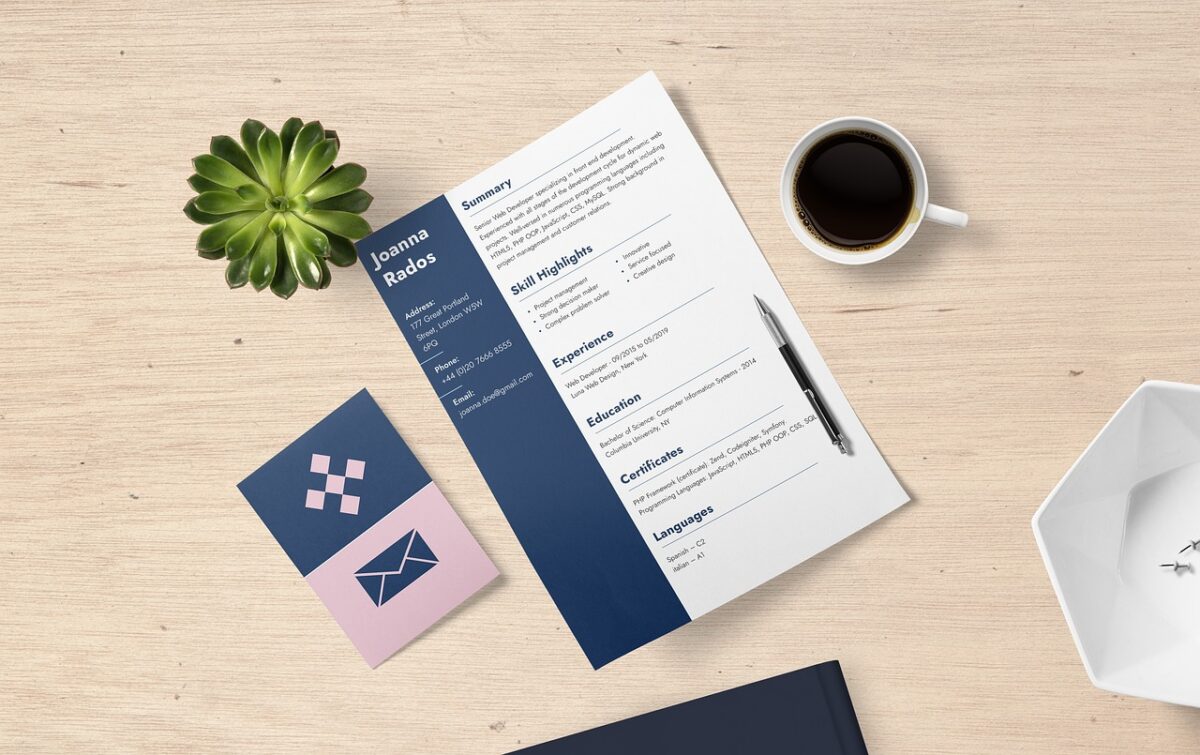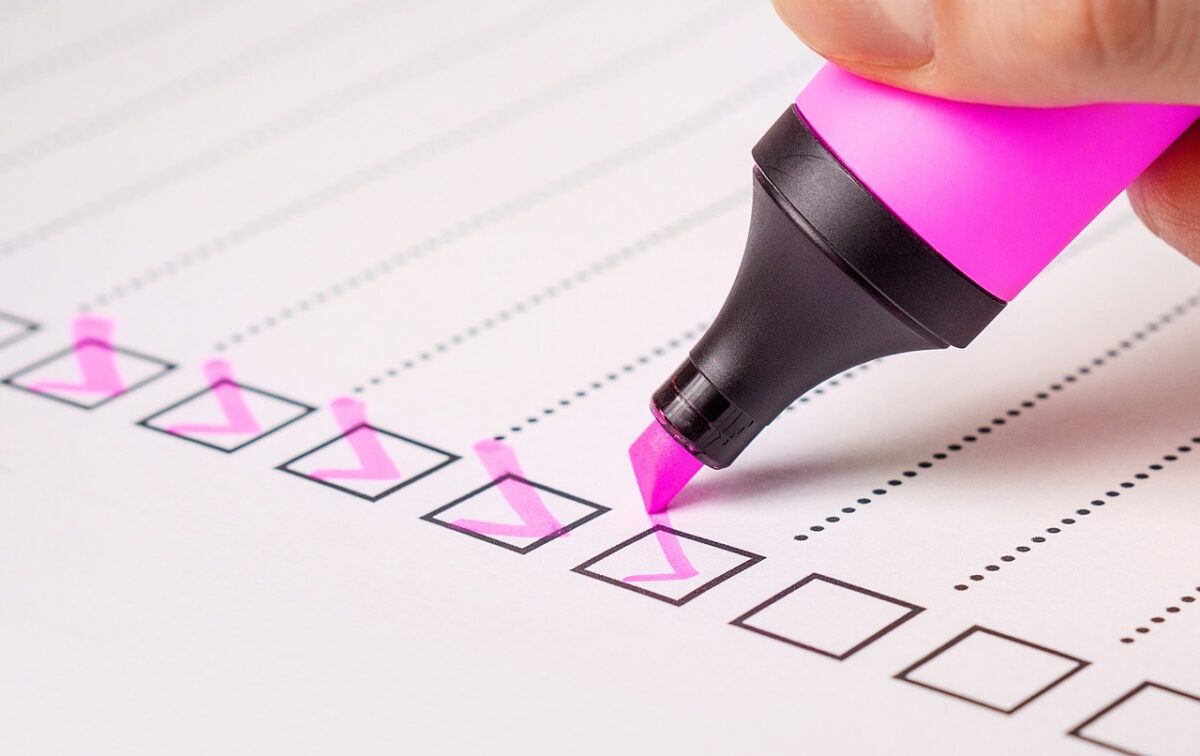Was That A Good Job Interview?

It felt like a good interview, but was it? This is one nerve-wracking question that most job seekers have while waiting to hear back if they were successful or not.
You might have dressed to impress and created an interesting conversation that you might think landed you a chance at getting a job offer. Companies try to reduce recruitment costs by shortening the process. That’s why you might get the answer to your question within days or weeks after the interview, or you could even find out whilst you are there!
Employers, read Presenting A Job Offer and 17 Ways To Reduce Recruitment Costs.
Waiting for the answer can be daunting and feel like you are waiting longer than you really are. You might think that you have a good relationship with the interviewer, but they do that with all the candidates to find out who is the best person to hire for the job. It is part of the job of a hiring manager, and you should not feel that you were given special treatment during the interview.
Both parties are pitching themselves to each other during the interview process. As a job seeker, you want to sell yourself to the interviewer by showing what you can bring to the company – you need to make yourself stand out. On the other hand, the interviewer is pitching themselves, the position and the company to you. That’s why you might feel like the interviewer is into you. But in the mind of the interviewer, he just wants to reduce recruitment costs and find the right person as soon as possible.
Factors That Contribute To A Positive Interview
The result of the interview depends on several factors, and your personality plays only a minor role in it. The interview relies more on interpreting what candidates can bring to the company and whether they will be a good fit with the rest of the team. It is a verbal test that’s purely subjective. You need to get into the good side of the interviewer in a short period of time.
1. GIVE THE RIGHT ANSWERS
The hiring manager must know the questions to ask a job seeker, it is your job to provide the right answers. You should research the company and/or the industry the company operates in, to be ready to answer any company/industry-related questions.
2. SELL YOURSELF
Prepare to go into the interview with a couple of key selling points in mind, such as why you’re the best candidate for this role. You also need to ensure you have evidence to back up your selling points ( “I work well under pressure. For example, in my previous role I had strict client deadlines that needed to be met every week.”)
It is important to pitch your skills, but also put your experiences in context of the job role and at the same time explain how your skills will benefit the company.
Employers and candidates should read What Are The Duties, Tasks, And Skills To Include In Job Descriptions.
You should tell the interviewer why you want to work for the company, instead of any other. When you are able to state why your skills can help the company reach its goals, then you are one step closer to being hired.
3. DO NOT FLIRT
Flirting happens rarely, but you should remain professional at all times. While you might think that the interviewer is into you in a more personal manner, it might just be the friendly persona that they need to put up as part of the interviewing job. Keep this in mind so that you can avoid a situation that you might regret in the future.
4. LINE UP YOUR QUESTIONS FOR THE INTERVIEWER
Come to the interview with some releveant questions to ask the interviewer to demonstrate your knowledge of the company, but as well to show you are serious about the role. The one thing you MUST not do is reply “No” when the interviewer asks do you have any questions? – the interviewer may conclude that you are not interested in the job that much.
5. PRACTICE, PRACTICE, PRACTICE
The best way to practise is by answering typical questions out loud in a confident and convicing way. Do it about 10 times and you will sound much more professional on the tenth time rather than the first.
These are the things that you need to consider before, during and after the interview process. As companies continue to reduce recruitment costs, they depend on the interview process to find the right person for the job. That’s why you should try your best to ace the interview to increase your chance of getting a job offer.
Employers can discover the best UK job websites here, for reaching a relevant audience.



